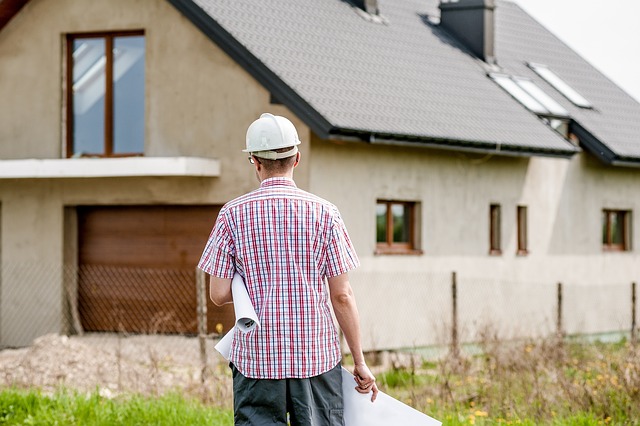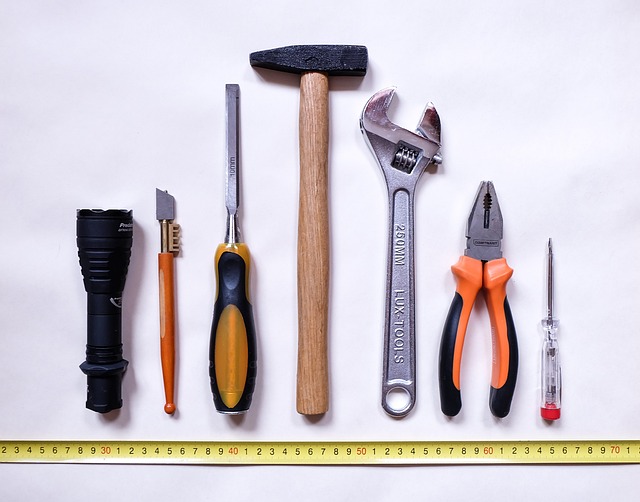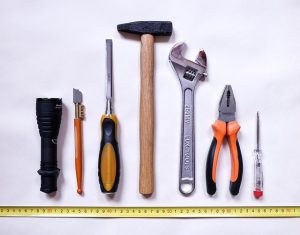Setting clear, achievable goals and a realistic budget are essential first steps for successful home repair and maintenance planning. Define project scope and priorities based on needs, lifestyle changes, and budget constraints, focusing on both aesthetic improvements and long-term property value increases. Meticulously plan financially, assessing budget, creating a realistic plan aligned with needs, and including funds for anticipated and unexpected costs. Research average renovation costs locally to gauge expenses accurately.
Planning and managing home renovations can be a daunting task, but with careful strategy, it becomes a rewarding journey. This comprehensive guide navigates the essential aspects of successful home repairs and enhancements. We explore setting clear goals and allocating budgets effectively, from defining project scope to balancing immediate needs with future vision. Learn effective management strategies, including detailed planning, communication tactics, and safety considerations, ensuring a smooth renovation process. Additionally, discover the power of regular maintenance for cost savings and long-term home preservation.
- Setting Clear Goals and Budget for Home Repair and Maintenance
- – Defining project scope and priorities
- – Creating a realistic financial plan
Setting Clear Goals and Budget for Home Repair and Maintenance

Setting clear goals is the cornerstone of successful home repair and maintenance planning. Before beginning any renovation project, it’s crucial to define what you want to achieve. Are you aiming to increase the property value, create a more comfortable living space, or fix specific issues like faulty plumbing or outdated electrical systems? Each goal will guide your decision-making process and budget allocation. For instance, if your priority is energy efficiency, you might focus on insulation upgrades and switching to smart thermostats.
Just as important as setting goals is establishing a realistic budget for home repair and maintenance. This involves assessing the scope of work, researching material and labor costs, and considering potential unforeseen expenses. Creating a detailed financial plan allows you to stay on track during the renovation process. Regularly reviewing and adjusting your budget throughout will ensure that you can afford the necessary repairs while also leaving room for unexpected challenges that may arise in any home repair project.
– Defining project scope and priorities

Defining the scope and priorities of your home renovation project is a crucial step in ensuring its success. Start by evaluating your needs, lifestyle changes, and budget constraints. Consider both short-term goals, such as improving aesthetics, and long-term objectives like increasing property value through strategic Home Repair and Maintenance. Prioritize tasks based on their impact and urgency; for instance, structural repairs might take precedence over cosmetic changes.
A clear scope helps in streamlining the planning process. Make a list of tasks, estimating costs and timelines for each. This enables you to allocate resources effectively, manage expectations, and avoid unnecessary expenses. By defining your project’s boundaries, you can better navigate the renovation journey, ensuring it aligns with your vision and financial capabilities.
– Creating a realistic financial plan

Home renovation projects can be exciting, but they require meticulous financial planning to ensure a smooth process. The first step is to assess your budget and create a realistic plan tailored to your needs. Start by evaluating your current financial situation; consider your savings, disposable income, and any existing home equity. This foundation will help you determine how much you can afford to spend on repairs and renovations without causing significant financial strain.
A well-structured financial plan for home repair and maintenance includes setting aside funds for both expected and unexpected costs. Researching average renovation costs in your area is a great way to gauge realistic expenses. Additionally, creating a buffer fund for unforeseen challenges like structural issues or material price fluctuations can prevent delays and financial surprises during the renovation process.
Effective home renovation planning is the key to successful repair and maintenance. By setting clear goals, defining project scope, and creating a realistic budget, you can ensure your home improvement journey runs smoothly. Remember, proper management of your home renovation projects not only saves time and money but also transforms your living space into the haven you’ve always envisioned.














